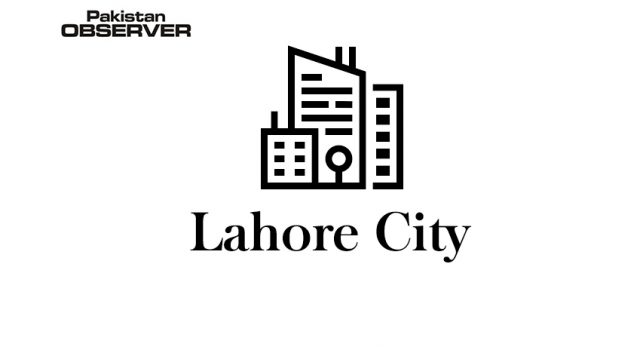Staff Reporter
A three-day ‘Virtual Media Symposium’ organised by E-Media Society of the Department of Communication and Media Studies concluded at University of Sargodha (UoS).
The power of media and digital technologies, the impact of corporatism on media, interference by the management and the government in editorial control and journalists’ credibility were some of the topics touched upon by senior media persons
speaking on the last day.
The idea behind the symposium was to understand the realities and myths about media force and how they are shaping youth towards proposing new directions for the future.
Esteemed national and international media practitioners and academicians including Voice of America (VOA) multimedia broadcaster Saqibul Islam, renowned journalist/analyst and Editor In-Chief of Online International News Network Mohsin Jamil
Baig, Vice Chancellor Sargodha University Dr Ishtiaq Ahmad, anchorperson Imran Sanaullah, Vice President National Press Club Islamabad Dr Sadia Kamal, well-known media activist Nuzhat Nazar and assistant professor Abdul Rehman Qaiser
sensitized the youth about media’s role in nation building.
The symposium was divided into different sessions under various themes while the concluding session titled “Measuring Media Power: Realities and Myths” deliberated on various reasons for which the media was coming under increasing pressure
from government institutions and corporate sector, and other powerful pressure groups, each pressing its own agenda.
Speakers called for concerted efforts to make preserving and extending the free flow of news and information particularly in cyberspace.
Speaking on the occasion, VOA broadcaster Saqib ul Islam said that the media’s job is to present facts to the people to enable them to make up their own opinions about the issues at hand. “Article 19 is still a promise rather than a reality. The new
communication technologies could go a long way toward fulfilling the promise” he spoke.
“Speaking truth can get u harmed as the media business and the profession has both become difficult. Journalists need to see what they can do to protect their credibility. There must be unambiguous support for a truly free and independent media, not
further equivocation” said by Mohsin Jamil Baig. He also spoke about censorship and how it is achieved by behind-the-scenes threats.
Dr Sadia was of the view that new media has given the power to influence public opinion by eliminating the monopoly of owners, pressure groups and institutions. With its association to citizen journalism, social media is playing a vital role by keeping
a close watch on the state of economic and political events and highlighting its weaknesses and strengths at the domestic level, she added.










